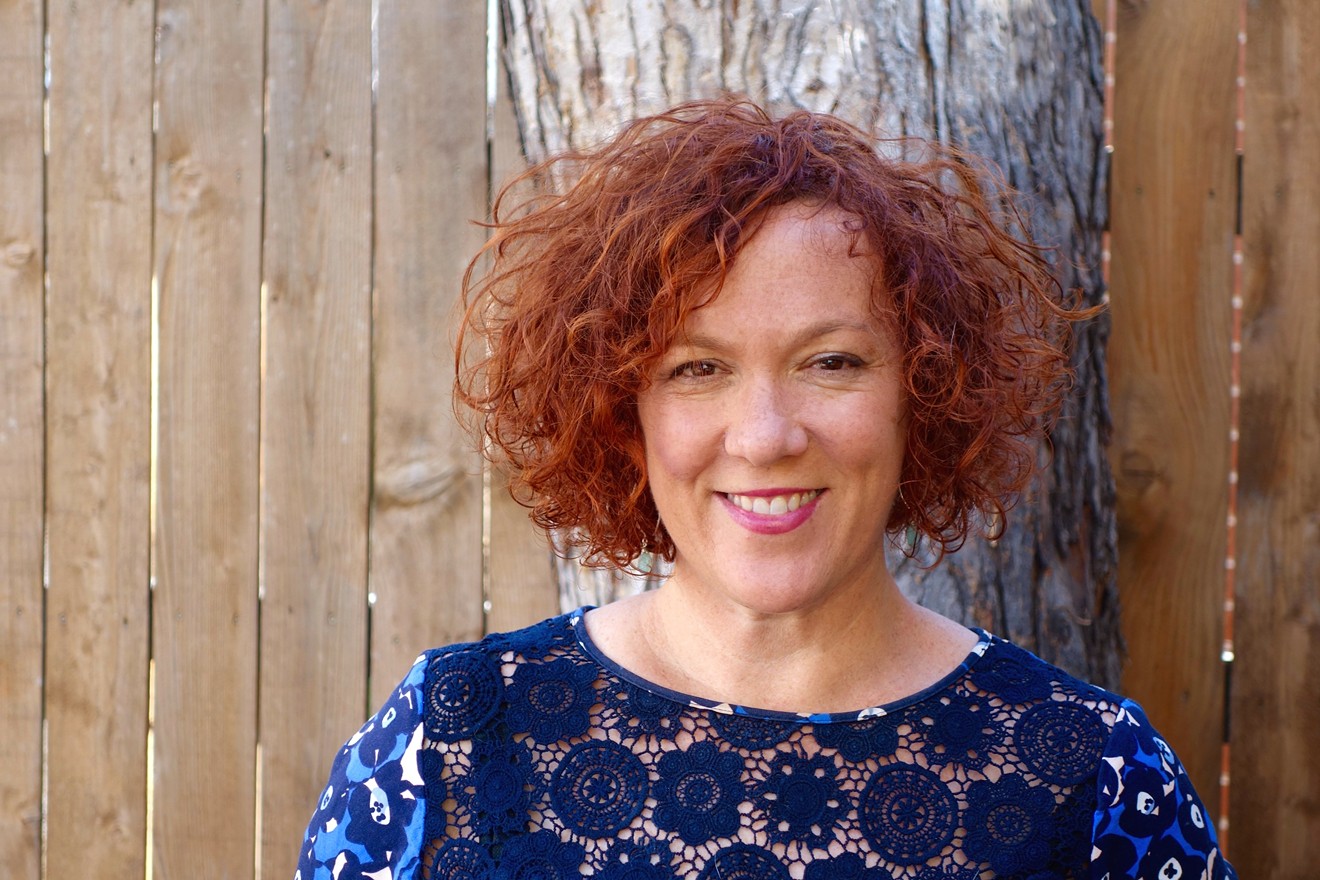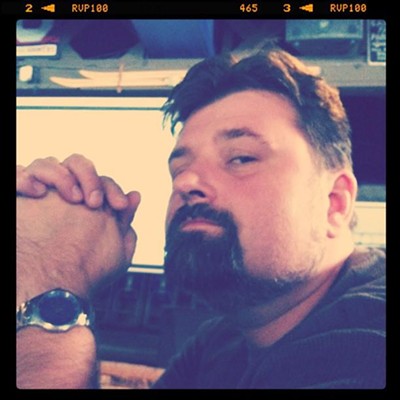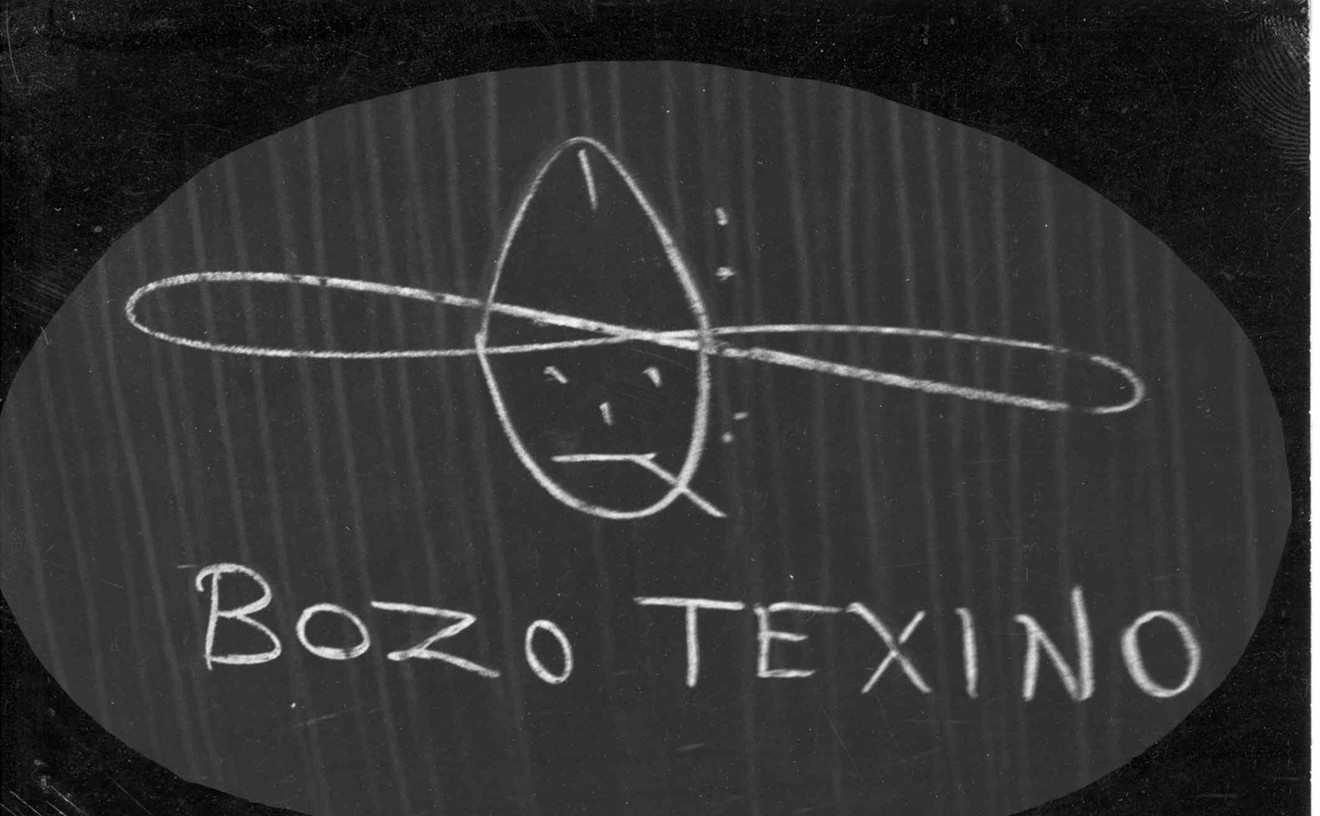Joanna Luloff Reads From Remind Me Again What Happened
Joanna Luloff talks about her new novel, Remind Me Again What Happened.
June 25, 2018

Joanna Luloff reads from her new novel at the Tattered Cover on June 26.
Art Buck
[
{
"name": "Air - MediumRectangle - Inline Content - Mobile Display Size",
"component": "12017618",
"insertPoint": "2",
"requiredCountToDisplay": "2"
},{
"name": "Editor Picks",
"component": "17242653",
"insertPoint": "4",
"requiredCountToDisplay": "1"
},{
"name": "Inline Links",
"component": "18838239",
"insertPoint": "8th",
"startingPoint": 8,
"requiredCountToDisplay": "7",
"maxInsertions": 25
},{
"name": "Air - MediumRectangle - Combo - Inline Content",
"component": "17261320",
"insertPoint": "8th",
"startingPoint": 8,
"requiredCountToDisplay": "7",
"maxInsertions": 25
},{
"name": "Inline Links",
"component": "18838239",
"insertPoint": "8th",
"startingPoint": 12,
"requiredCountToDisplay": "11",
"maxInsertions": 25
},{
"name": "Air - Leaderboard Tower - Combo - Inline Content",
"component": "17261321",
"insertPoint": "8th",
"startingPoint": 12,
"requiredCountToDisplay": "11",
"maxInsertions": 25
}
]
Joanna Luloff came to Denver in 2014 as a new professor on the tenure track at CU Denver’s creative writing undergraduate program. Back then, her collection of linked short stories, The Beach at Galle Road, had just come out and was making waves in the literary world on a national level. Kirkus called it “disturbingly believable,” which is a label worthy of a novelty tee, if not a unique tattoo.
Now Luloff has a new book, a novel called Remind Me Again What Happened, which Kirkus this time describes as “thorough and fascinating.” Luloff — whom I work with at CU Denver — agreed to speak with Westword on the occasion of her June 26 reading at Tattered Cover, talking about her work, her new novel, and the life of a writer in Denver.
Westword: Remind Me Again What Happened is your second book, but your first novel. How was the writing process different for the two forms? Which one do you prefer, now that you've tackled them both?
Joanna Luloff: I probably should be able to distinguish more between the two forms, but I found there to be a lot of similarities across the two books. It may be that because my first book was a linked story collection with overlapping characters and some semblance of a larger, narrative arc, the collection required a lot of planning. It felt similar to the process of writing my novel. And because my novel takes on three different point-of-view narrators with compressed chapters that mostly focus on a single scene or two, I found that the chapters almost felt like self-enclosed stories. Right now I’m working on a novel and some stand-alone stories, so it’s pretty clear I can’t really leave either form behind.
This novel is largely about memory, writ both small and large. To what degree do you think all fiction is about memory? Oscar Wilde called it "that diary that we all carry with us," and Longfellow referred to it being "a mournful rustling in the dark." Taking as slippery a thing as memory and dealing with it literally in story — that seems like something that would easily telescope, in terms of framing. Memory within memory within memory, right? How do you keep all of it straight?
What a thoughtful question. My novel begins with an epigraph from Williams Maxwell’s novel So Long, See You Tomorrow, a book seeped in questions of memory. Here is a truncated version of the quote:
What we — or at any rate, what I — refer to confidently as memory, meaning a moment, a scene, a fact that has been subjected to a fixative and thereby rescued from oblivion, is really a form of storytelling that goes on continually in the mind and often changes with the telling. ... In any case, in talking about the past, we lie with every breath we draw.
I do think that a lot of fiction engages with a past that refuses to stay in the past — as well as a present always anticipating a future, so temporal boundaries are often blurry. I’m interested in the fact that most realist narratives attempt to put into order many things that refuse to be still and fixed — memories being one of those things. The challenge for this book was to create some semblance of order while refusing to “keep all of it straight.” Because my novel is interested in the subjectivity of memory, the book’s stories within stories continually circle back on themselves, refusing any kind of certainty around truth or stability. The novel’s characters are determined to document their shared past, so their accounts create a kind of order, but they are simultaneously aware that their efforts might be futile. There is an interesting battle between form and content in my book, I think — like if Wilde’s diary was lost in the woods and the individual pages were rustling in Longfellow’s melancholic darkness.
Your first book, The Beach at Galle Road, was inspired by your Peace Corps work in Sri Lanka. So what inspired Remind Me Again What Happened? Where lie the beginnings of this book?
After a sudden illness, my mom lost large pieces of her memory when she was 45. I was 19. She lived with her memory loss for twenty years, and I’ve been thinking about the questions raised in this book ever since: What are the links between memory and identity? Between memory and culpability? What fractures in self-sense does memory loss create in the person who experiences the loss directly, as well as those who share lives with that person? Over the years, my mom and I talked a lot about what her “black hole” felt like and how disorienting but necessary it was to have to borrow other people’s memories. The idea of being reliant on others’ memories to know your own past and your place within that history became the central question for my novel.
So how do you balance the work of both writer and a professor? How much of a challenge was that in the writing of this book? And how do you find a workable middle ground?
Since I started writing seriously, I’ve always been a teacher, too — during many years of graduate school through my time here at CU Denver. It is always a challenge to balance writing with teaching and editing, and I’m afraid that I haven’t really found a successful balance. I tend to work on smaller, more self-contained projects during the academic year: short stories, essays, reviews, or research for my novel. I give my summer over to the larger projects. Every semester, I promise myself: I’m going to set aside Thursdays as writing days. Or Friday mornings. Or Tuesday afternoons. But each semester makes its own unique, unpredictable scheduling demands, so I end up stealing moments when I can. I keep a notebook with me at all times. I do most of my writing longhand, with a pen and paper, and only later transfer it onto the computer. One good thing that comes out of this is that I’ve never experienced writer’s block!
You've worked editing a number of notable literary magazines, from Ploughshares to Memorious to CU Denver's own Copper Nickel. Talk a little bit about the relationship between one's own work, and the work one does on the writing of others. How does one inform the other?
I worked for my first journal, as a reader for Ploughshares, when I was in an MFA program at Emerson College. As a new writer, this experience was valuable in so many ways; it taught me how subjective publishing is, how professional one should be when sending out work, how to roll with rejection, how to fight for the narratives that felt important to me, and it taught me about audience as well as literary community. There is so much solitude in writing, so much quiet and loneliness; working as an editor reminds me of the conversations and exchanges that are ultimately the goals of much of the writing we do. Editing reminds me of audience and the readers on the other side of the document. It helps balance out the solitude.
Working for Memorious and now Copper Nickel has given me so much access to writing and writers who are at work right now. There’s such a sense of immediacy and contemporary urgency to the stories and essays we receive. Reading through these submissions is a lot of work, but it’s also often inspiring work, and it can help me ask important questions about my own writing: Do I feel a sense of urgency in telling this particular story? Why is it important to be writing about this now? And like the work we do in the classroom, editing other writers’ narratives reminds me about the importance of precision, of structure, of stakes, and the delight in a perfectly rendered sentence. I like to believe that I have learned to bring that editorial eye toward my own work, too.
Speaking of inspiration, every book has a spiritual parentage. Who are the writers whose influence you see in this new novel, even in the smallest of ways?
Perhaps unsurprisingly, I’m drawn to writers who engage questions of memory and history. W.G. Sebald is one of my favorite writers, and I love the way he incorporates photographs and found objects into mournful and unexpectedly playful narratives. Roland Barthes’s Camera Lucida is another influence for its contemplation of the relationship between photographs and memory. Aleksander Hemon’s The Lazarus Project, too, for similar reasons. I think I’m also influenced by writers who engage women’s lives with seriousness and complexity and don’t shy away from creating flawed and prickly characters: Alice Munro, Jean Rhys, Katherine Mansfield, Louise Erdrich and, more recently, Dana Spiotta, Lesley Nneka Arimah, Rachel Cusk, Yiyun Li and Edwidge Danticat.
You came to Colorado to teach at the University of Colorado Denver's Creative Writing program back in 2014. What have you found here that inspires you and your work?
I came to Denver and CU after working at a small university in a very rural area of northern New York. While I valued my students there, I found myself really isolated from a larger writing community. I missed talking with other writers, going to readings, and having access to art and music and film and bookstores. Here, I love that I have colleagues whose writing inspires me. I love that Denver is the home of Lighthouse Writers Workshops, Tattered Cover and BookBar and other independent bookstores; I love that so many people show up to readings, as well as to marches and protests and free jazz in City Park and to hear local music and on and on. There is a vibrancy and energy to Denver that makes me want to create.
Joanna Luloff, 7 p.m. Tuesday, June 26, Tattered Cover Book Store, 2526 Colfax Avenue. The event is free; books will be available for purchase.

KEEP WESTWORD FREE...
Since we started Westword, it has been defined as the free, independent voice of Denver, and we'd like to keep it that way. Your membership allows us to continue offering readers access to our incisive coverage of local news, food, and culture with no paywalls.
You can support us by joining as a member for as little as $1.
Teague Bohlen is a writer, novelist and professor at the University of Colorado Denver. His first novel, The Pull of the Earth, won the Colorado Book Award for Literary Fiction in 2007; his textbook The Snarktastic Guide to College Success came out in 2014. His new collection of flash fiction, Flatland, is available now.
Contact:
Teague Bohlen


Newsletter Sign Up
Enter your name, zip code, and email
I agree to the Terms of Service and
Privacy Policy
Sign up for our newsletters
Get the latest music, news, free stuff and more!
Trending
Use of this website constitutes acceptance of our
terms of use,
our cookies policy, and our
privacy policy
Westword may earn a portion of sales from products & services purchased through links on our site from our
affiliate partners.
©2024
Denver Westword, LLC. All rights reserved.
Do Not Sell or Share My Information
Do Not Sell or Share My Information









